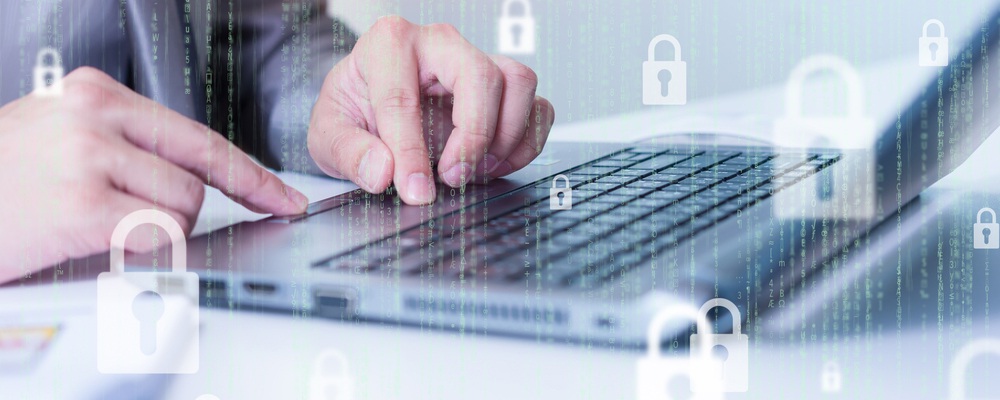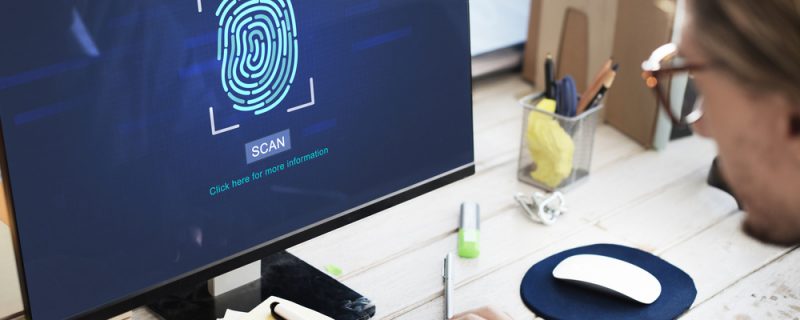
It’s great to know that we no longer have to visit our bank/s to know how much money we have left or how much has come in. Thanks to the magic of the internet, it’s easy to peek at our accounts, post a deposit, or make a withdrawal or transfer money to someone else without having to keep a physical passbook. But for us to be able to do that, we need to pass bank security by entering a password and/or an optional identity check. The password system is for our own benefit, so we don’t lose our hard-earned money. Banks implement various methods, but they can sometimes be major hassles.
Bank security is unlike conventional office, smartphone or personal computer security. When money is involved, banks are required to take extra steps to keep our money safe. I have a bank account wherein I was required to key in a new password every month. It’s already daunting for some people to remember their quarterly expiring office passwords, their Facebook accounts, personal email and other subscriptions to have to remember to update their bank’s passwords. With so many other things to worry about, I often forget to update my password, and it’s not like the bank emails reminders to me. I would have to do the authentication dance all over again, coupled with a hotline call or a personal visit to the branch. That account was such a hassle I just gave up peeking at my account online. It’s fortunate that I keep it as purely a savings account and didn’t do much with it. I just visit the nearest ATM when I want to make an inquiry or withdrawal. Other banks implement two-factor authentication wherein users are sent a code in a text message after logging in. The code has to be keyed in before being allowed to log in. It’s much better than having to change passwords every month. Some banks take it further by getting users to enter codes through jumbled onscreen keypads. Some would say, use a password manager but I’d rather not keep my passwords in one place. There was news back then of an online password manager compromised by a hacker.
Fact is, it’s a good practice for banks to exercise added levels of security especially in these times. Some people are just averse to having to pass several hurdles before being allowed to see what they actually own. However, the frustration of not getting access to online transactions due to Alzheimer’s or plain forgetfulness actually hurts the online economy. One forgotten Paypal password could mean a delay or the non-committal of an online purchase.
“The highest cost element of help desks is dealing with lost passwords,”
— Bruce McConnell, Counselor for national protection, Homeland Security Dept.
Fortunately, the US Commerce Department is working on a way to smoothen online transactions by getting rid of passwords altogether. There will still be a sign-in method though, but that’s all that will be needed for all websites that want to work with the program which will be called the National Strategy for Trusted Identities in Cyberspace, or NSTIC.
The plan is for computer users to have a single login for every website that supports the system whether they be banks, credit cards, Paypal, eBay or Facebook. They expect other offline systems to take advantage of the system provided it’s proven secure as there are several reported government agencies that still make use of archaic systems. The government’s nuclear system won’t be making any effort to join anytime soon. The program will also be voluntary and that while the premise suggests that the sign-in information will be kept in one place, it won’t be. Companies joining in will be the ones managing their individual sign-in information. Sign-in will be done through a physical encrypted device key along with biometrics to make sure the system is secure.
“Innovation is one of the key aspects here… There’s so much that could be done if we could trust transactions more,”
— Ari Schwartz, Internet policy adviser, US Commerce
So wouldn’t it be cool to be able to access your bank accounts with say, something like an ATM card which will be inserted or tapped on to your laptop? Just tap, enter a PIN and access your bank, your Facebook account, your webmail and even your favorite porn site. We’re all waiting for this tech since yesterday.


